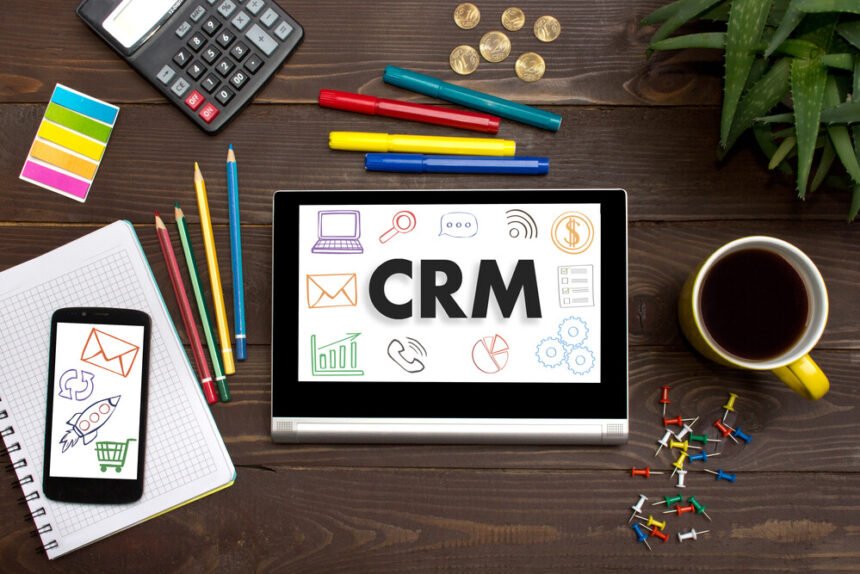In the several years that I have been writing about big data, I have noticed many marketers get carried away with the hype, but fail to use it to effectively engage with their customers. These mistakes are particularly common among brands using CRM tools. Surveys show that 91% of businesses with over 11 employees use CRM tools, but many fail to use them wisely.
The biggest mistake I see is brands failing to develop accurate psychographic profiles of their customers.
CRM Marketing: Where Customer Psychology and Big Data Collide
If you want to build a strong, long-term relationship with your customers, you must learn as much about them as possible. CRM tools enable you to track numerous metrics that you can use to measure customer behavior. It’s important to collect as much relevant data as you can about them. Many brands limit the data they collect to customer demographics, although understanding customer behavior is even more important.
When you use a CRM to engage with your customers, you can track their behavior through the life of your relationship. You can look at key touch points to get a sense of each customer’s preferences. Big data allows you to you keep track of every point of engagement, such as whether a customer open an email or their response to a particular survey. You can also track customer buying patterns through data from social media sites to online stores.
According to Promo Code Watch, this data is invaluable to every marketer, but is useless if it isn’t used appropriately. Here are some ways that marketers can use big data and their CRM tools to build a nuanced psychographic profile of their followers to improve engagement.
Outline important psychological traits to track
Neuroticism, price consciousness, impulsiveness, loyalty and depth of thought are just a few of the traits that tend to drive customer decision making. Since every customer’s behavioral map is different, it’s important to tailor your marketing strategy to their mindset.
In order to achieve this, you need to know which factors are most likely to drive decision making. The marketing experts at Best Online Reviews recommend making a list of the most important traits first, so you can know what to track through the engagement process.
Authenticate the quality of your data
When using big data to solve any real-world problem, more is not always better. Clate Mask of Small Business Trends describes this heuristic perfectly. “If you put dirty data into your CRM (meaning inaccurate or incomplete information), your end user is going to get dirty data out of it. No one wants dirty data. If your sales folks can’t trust the system, they’ll quickly go back to whatever they were using before, and your brand new CRM tool will collect dust.”
it’s important to have checks in place to verify the integrity of your data. If you are collecting data from users on your own interface, you need to prompt them to fill out any essential information in detail and ask them to clarify any inaccuracies. These checks are even more important when you are gathering data from customers from third-party sources, because erroneous data is a much bigger concern, especially if customers didn’t provide the information themselves.
Use Reliable Hadoop Tools for Larger CRM Databases
As the pool of customers in your CRM database grows, you will have a harder time reliably tracking your customers. You need a dependable Hadoop-based tool to extract and analyze data to draw accurate conclusions on your customers.
Make sure the tools are setup to extract information that is key to constructing a psychographic profile of your customers and their buying behavior.
A CRM is Useless Without Data on Customer Behavior
Understanding your customers is key to engaging with them. CRMs have a number of tools to track customer behavior to improve the engagement process. Don’t let them go to waste.







